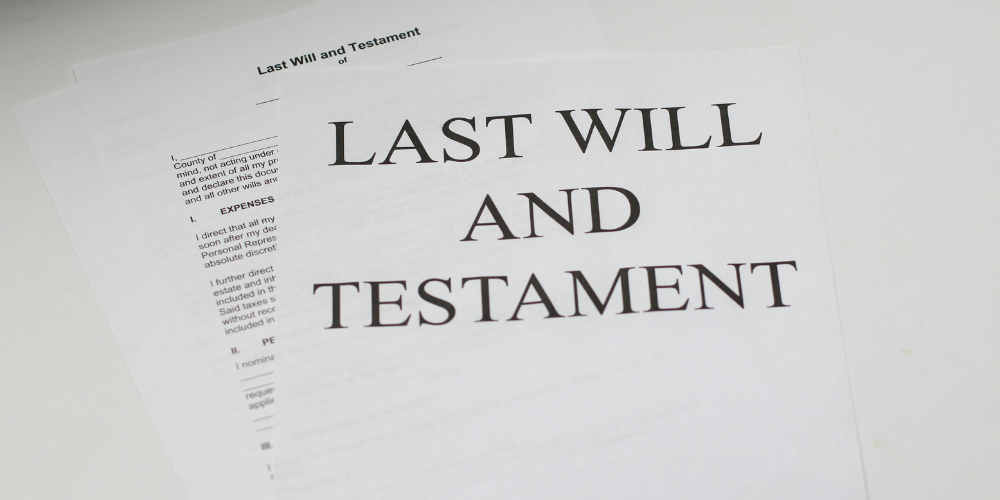3 Estate Planning Mistakes (And How To Avoid Them)

Estate planning is all about protecting yourself and your loved ones, but it’s something that requires meticulous planning in advance.
Failing to plan is planning to fail and will likely result in unintended consequences, such as disputes among beneficiaries, missing or unorganized assets, the wrong or ill-equipped people making decisions, and a difficult estate settlement process for all parties involved.
1. Failure to Get Started (Procrastination)
As important as estate planning is, many people do not have a plan in place because they simply failed to get started. While the financial and emotional cost of failing to plan can be significant, we see too many people putting estate planning off because of the following reasons:
- Estate planning is too expensive.
- Feeling their estate is too small.
- They don’t want to have a death and dying discussion.
2. Failing to Educate Yourself
By educating yourself and understanding how estate planning works, you can save a lot of time and stress. There’s lots of information available online that can give you confidence that you are on the right track.
You can start by educating yourself about the following topics:
- Understand the difference between a will and a living trust.
- Why people create power of attorney legal documents.
- The importance of a living will.
3. Failing to Communicate
Failing to communicate with your loved ones and those you’ve assigned roles in your estate plan can potentially result in confusion and conflict. Although it may be difficult for some, having this discussion will help better prepare all parties involved. For your advocates (those who will take action on your behalf), this allows you to explain why you gave them this honor and responsibility. For beneficiaries, you can explain the reasoning behind your choices.
You’ll want to communicate with those you’ve included in your estate plan about the following items:
- Share that you have an estate plan: Let them know the location of your estate plan.
- Inform them of any additional wishes: You should provide more information to those you’ve assigned a role to so they can be prepared.
- Get started today: Because of the uncertainty of life, there is no better time than the present to take a few moments to educate yourself about your estate planning options. Put a plan in place to protect your estate and your loved ones. Either during or after your initial plan is in place, reach out to those most important to you to let them know what you’ve done and why you’ve done it. They’ll likely be grateful that you did.














